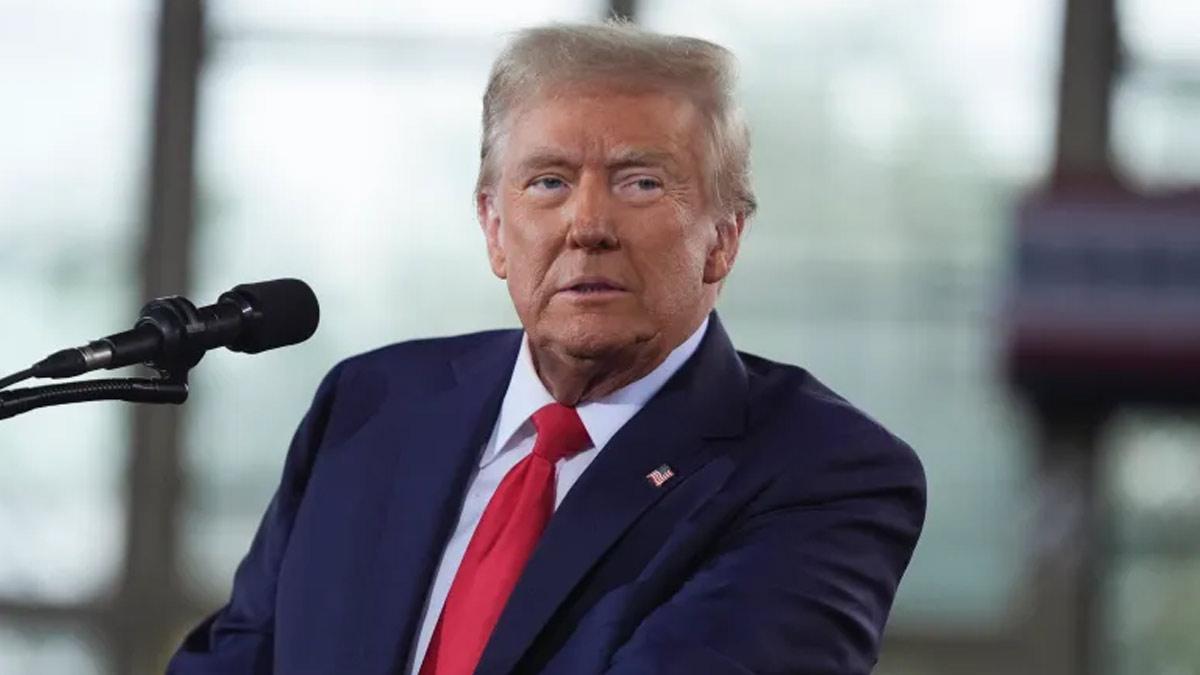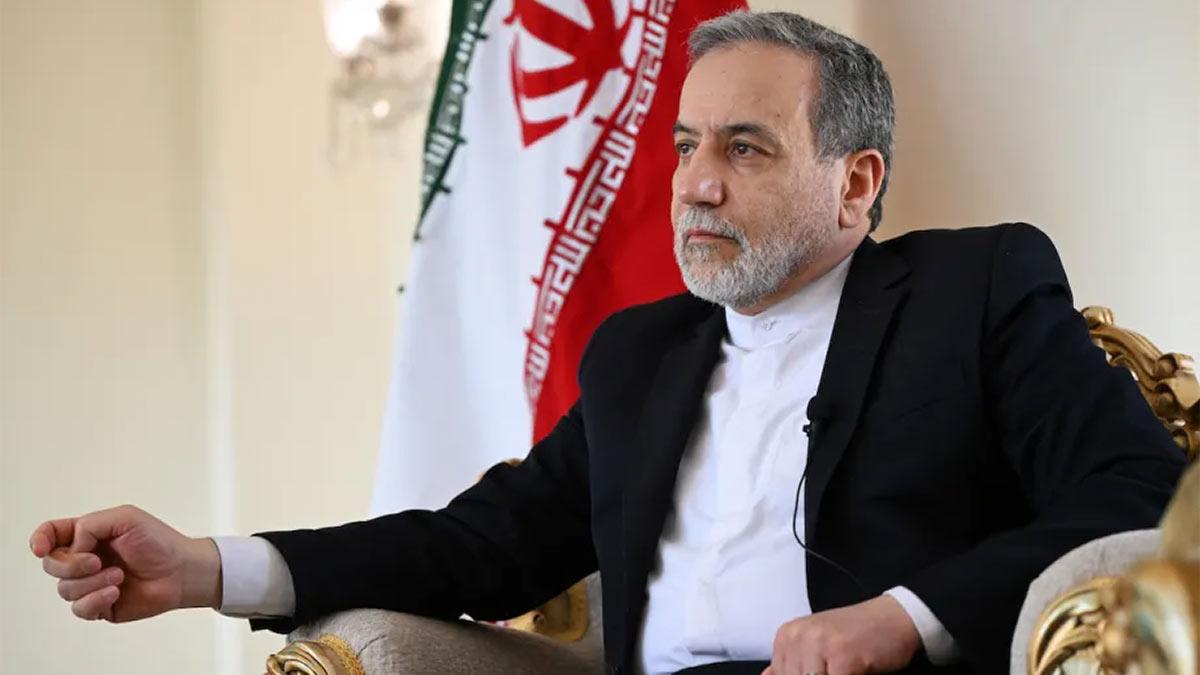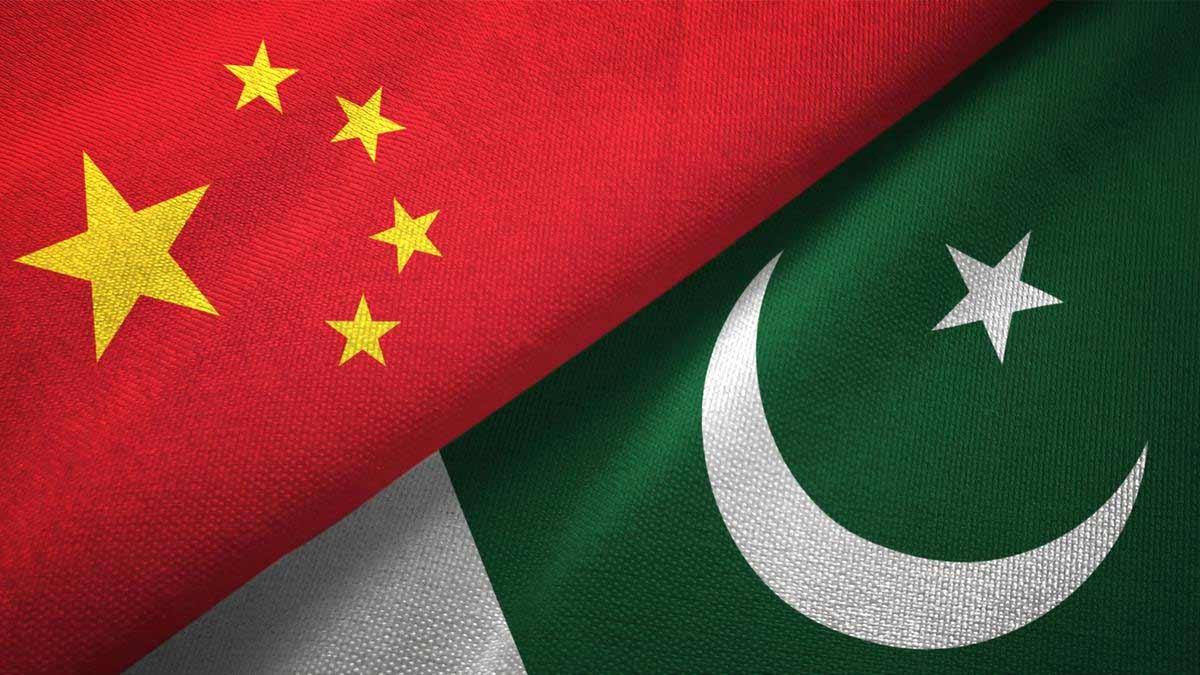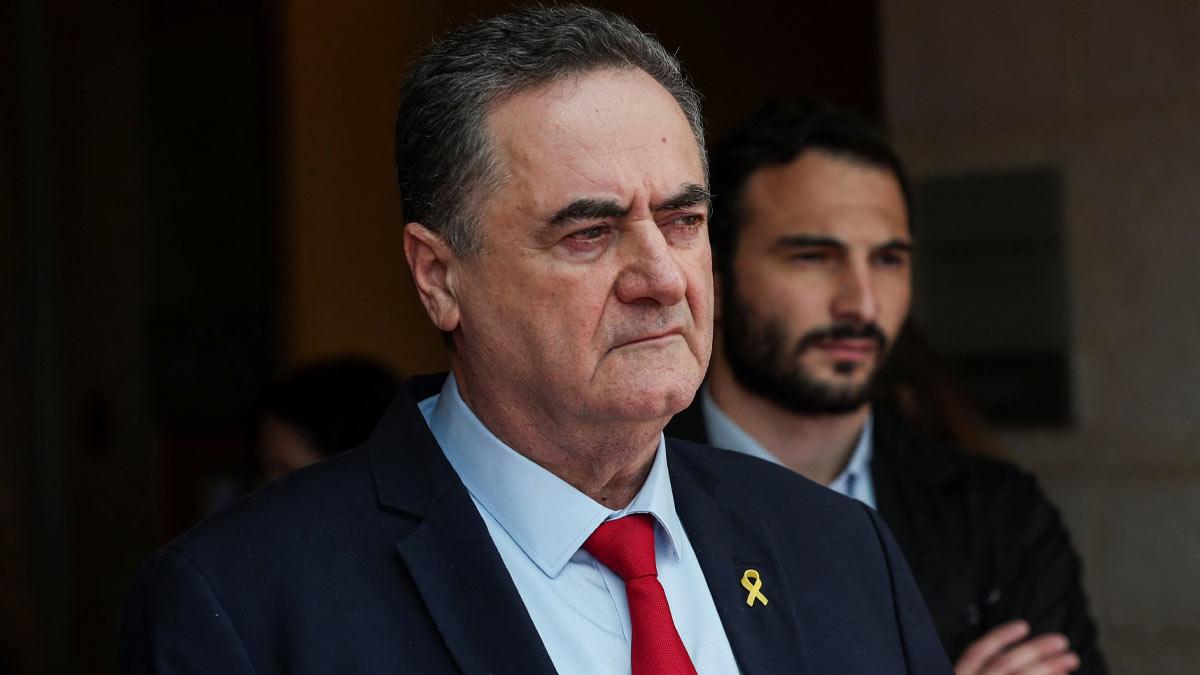At a White House media briefing on May 6, US President Donald Trump declared a significant trade breakthrough with India, reporting that India had agreed to remove tariffs on US imports. The news comes amidst ongoing negotiations for a comprehensive bilateral trade agreement.
Addressing in tandem with Canadian Prime Minister Mark Carney, Trump emphasized the significance of this action, pointing out India's historically high import tariffs.
Trump Stance on Tariffs
"India charges one of the highest tariffs in the world. We are not going to tolerate that, they have already agreed to reduce it, reduce it to zero. They have already agreed. They would not have done so for anyone else, but me," Trump declared.
**India's Supposed US Imports Offer**
India has proposed abolishing tariffs on some US goods — steel, auto components, and drugs — as part of an attempt to finalize a much-debated free trade agreement with Washington, a Bloomberg report says. The proposal is said to be mutual and covers a specified quantity of imports.
The negotiated agreement would permit the US to ship some industrial products to India duty-free, but only within a mutually agreed quota. Imports above that amount would still be subject to normal tariffs. This is seen as a tactical step by New Delhi to accelerate momentum towards the trade agreement.
The offer was reportedly presented by Indian trade negotiators during a late-April visit to Washington, intended to give fresh momentum to the deal. The broader objective is to significantly scale up US-India trade, which currently exceeds \$190 billion, to \$500 billion by the end of this decade — a target emphasized during Prime Minister Narendra Modi’s visit to Washington earlier this year.
Trade Talks and Tariff Reprieve
The bilateral free trade agreement, which has dominated negotiations, is aimed at increasing economic ties and smoothing trade flows between the two nations. The two are racing against time to sign an interim pact before an early July expiry of a temporary reprieve for retaliatory duties.
The current 90-day hold on the 26% reciprocal tariffs—imposed by Trump on April 2—has reduced duties on Indian imports to 10% during talks. The hold does not cover China-related trade measures and is part of general US attempts to negotiate improved trade terms with important partners.
With both countries making a concerted effort towards an early agreement, the outcome expected may redefine the shape of the US-India economic relationship and lay the foundation for more extensive economic cooperation in the future.
Read also| Trump Urges Swift Resolution Amid India-Pakistan Tensions
Read also| Trump's Budget Cuts Impact USPS Operations and Mail Deliveries


















